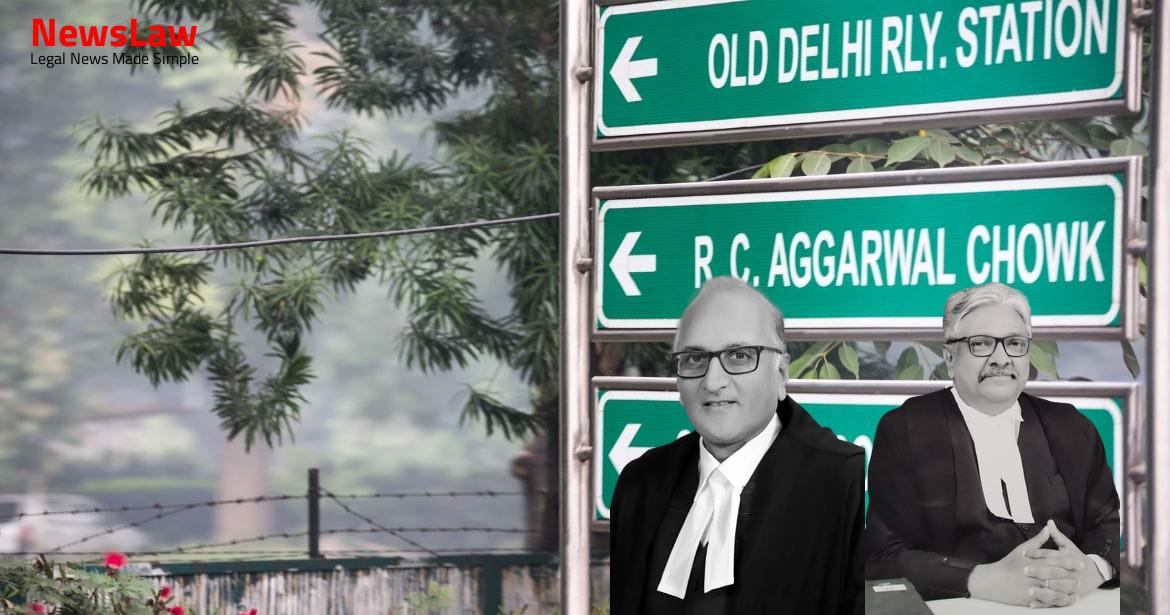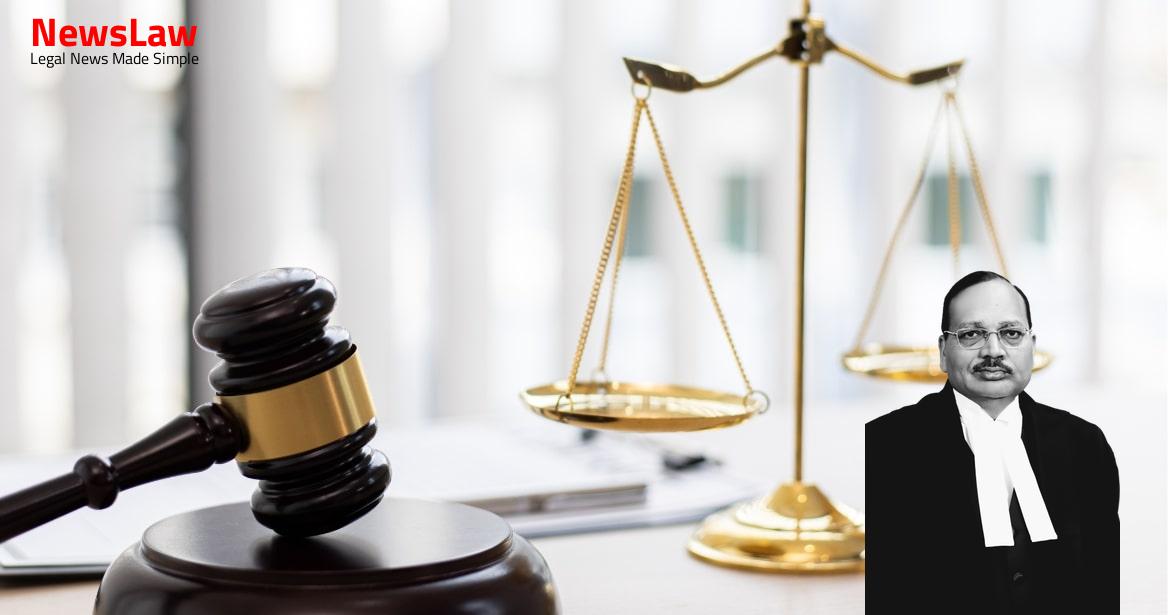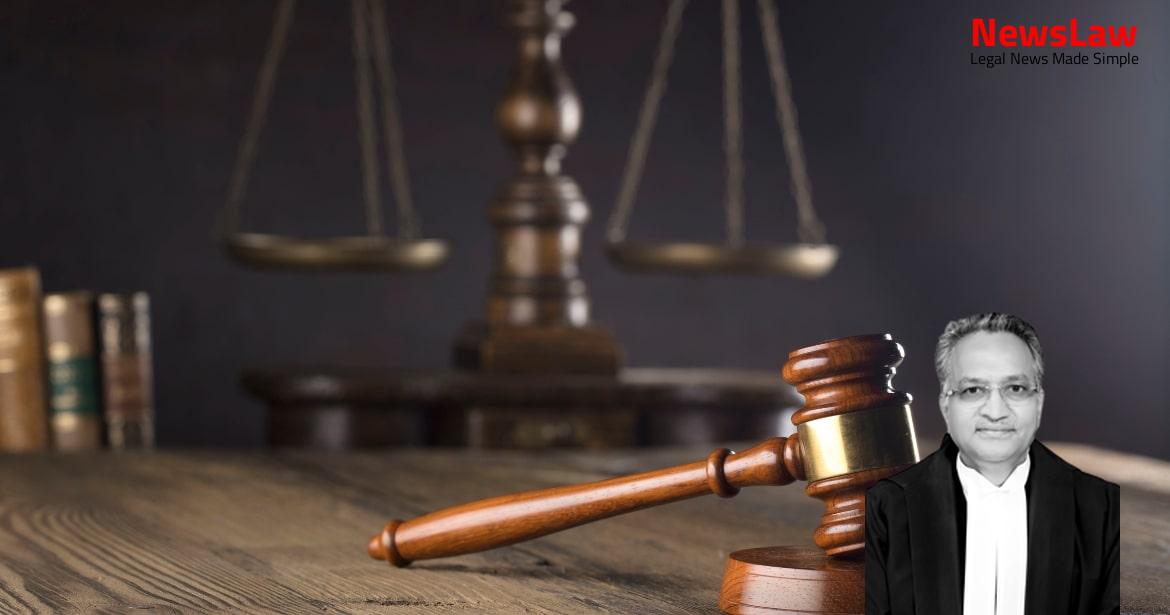Gain insights into the court’s detailed legal analysis of crucial issues surrounding political party financing. Explore how the court deliberates on matters related to electoral bonds, financial disclosures, and transparency in the electoral process. Stay tuned for a comprehensive overview of the legal framework shaping political funding regulations.
Facts
- Association for Democratic Reforms and Common Cause filed a Public Interest Litigation
- Sought declarations and directions regarding amendments in various statutes related to political party financing
- Notice ordered on the writ petition on 3.10.2017
- Prayers included declaring national and regional political parties as public authorities under the RTI Act and mandating disclosure of financial information
- Interim order passed on 12.4.2019 in conjunction with other writ petitions
- Court acknowledged weighty issues related to electoral process
Also Read: Electoral Malpractices in Mayor Election
Issue
- The weighty issues raised in the case require an in-depth hearing.
- The issues cannot be resolved within the limited time before funding through electoral bonds closes.
- The court must prevent any interim arrangement from favoring either party.
- Interim arrangement should include safeguards against competing claims yet to be adjudicated.
Also Read: Balancing Power and Transparency: Electoral Bonds Struck Down, Disclosure Mandated
Arguments
- Opposing the prayer for stay, the learned Attorney General argues that the Scheme was designed to prevent unaccounted money from influencing elections.
- Donors are required to donate only through banking channels under the Scheme.
- This measure aims to reduce the impact of black money in elections.
- Shri Rakesh Dwivedi, Senior Counsel for the Election Commission of India, supported the Scheme.
- He provided arguments in favor of the Scheme.
- His support added weight to the defense of the Election Commission.
Also Read: Recall of Resolution Plan Approval: Legal Analysis
Analysis
- The Court heard arguments from both sides regarding the interim relief sought in the applications related to electoral bonds.
- The Scheme mandates political parties to file audited accounts and companies to file financial statements, ensuring transparency.
- Recommendations from the RBI included safeguards to minimize misuse of electoral bonds, like limiting tenor to 15 days and requiring purchases from KYC-compliant accounts.
- The RBI’s reservations were mainly about the form of bonds (scrip vs. demat form), wanting anonymity for contributors and transfers via banking channels.
- The Scheme provides for issuance of bonds in specific periods, open through banking channels, even during election years.
- Concerns were raised by the petitioners about maintaining anonymity and potential misuse of black money in bond transactions.
- The Election Commission received detailed information from political parties as per court orders.
- While donors’ identities are protected, safeguards ensure unknown persons cannot purchase bonds for parties.
- Applications for repeated interim reliefs under the same issue were discouraged by the Court.
- The Court emphasized the transparency ensured by banking channels and KYC norms in bond transactions.
- Overall, the Scheme aims to combine anonymity for contributors with banking channel transactions as per recommendations and safeguards.
- The Bonds may only be purchased by a person who is a citizen of India or incorporated/established in India.
- The Scheme was introduced on 2.1.2018; Bonds released at periodical intervals in January, April, July, and October of every year without any issues in the years 2018, 2019, and 2020.
- Certain safeguards provided by the Court in its interim order dated 12.4.2019.
- No justification for grant of stay at this stage.
- Dismissal of both applications for stay.
- Misconception regarding foreign corporate houses influencing electoral process by buying the bonds.
- First buyer will not benefit from such sale, only stand to lose white money for black.
Case Title: ASSOCIATION FOR DEMOCRATIC REFORMS Vs. UNION OF INDIA CABINET SECRETARY (2021 INSC 222)
Case Number: W.P.(C) No.-000333-000333 / 2015



